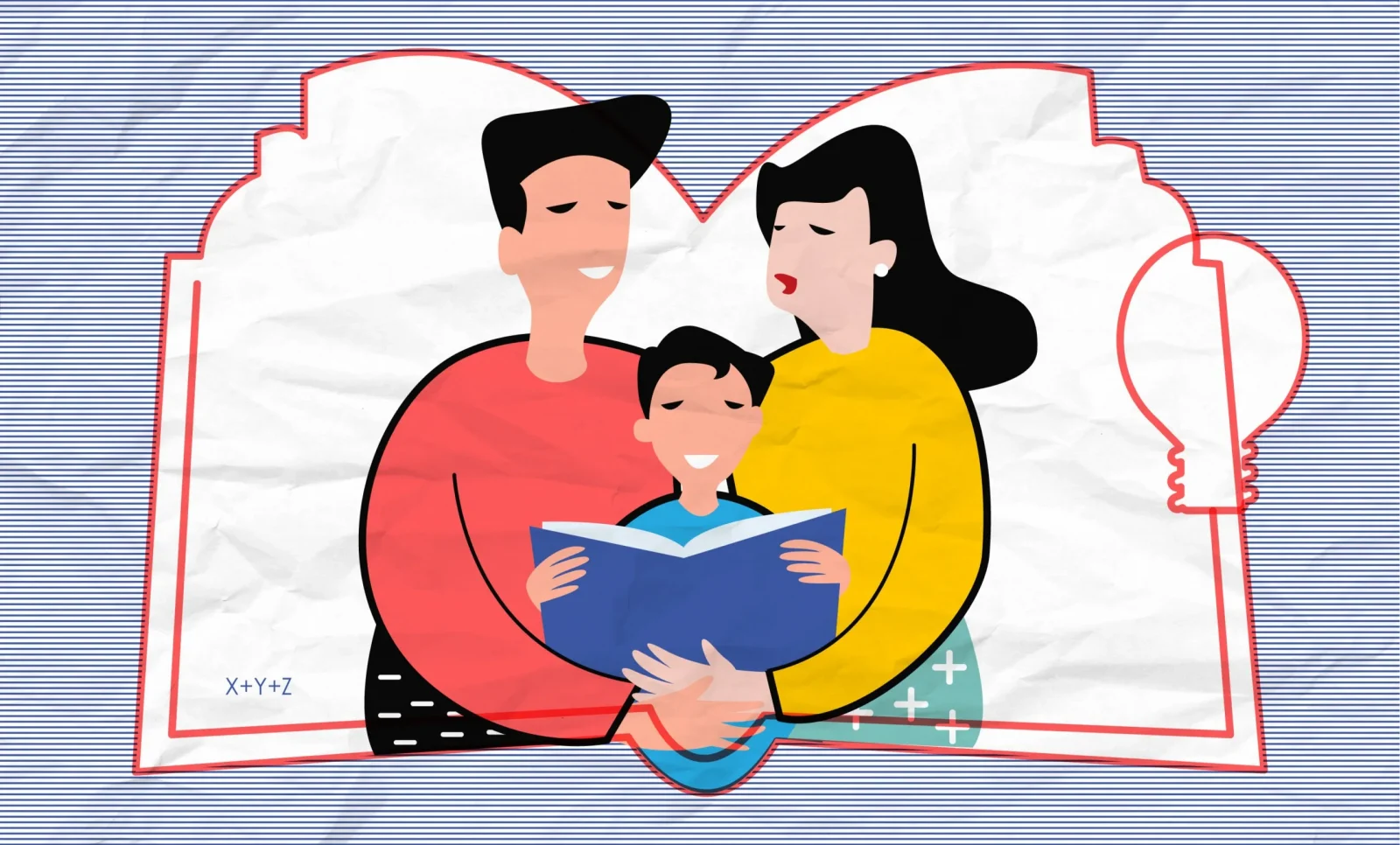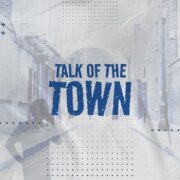Behind the shadows

In a world where social hierarchy persists, societal barriers often overshadow individuals of small stature.
From an early age, as the family’s eldest child, I experienced all forms of love from my parents. I shared memories with them of fulfilling many of their firsts as husband and wife. While the most unforgettable moment I had with them was a chance to taste everything they swallowed, I never let myself miss any chances like this, as my grandfather’s voice echoes in my head as he utters his favorite line to convince me to eat: “Kumain ka, para lumaki ka agad.” Yet, as I shared a table with my parents, I realized that I wasn’t growing just like the kids my age. I was still the little, powerless kid that I was. Did my grandfather lie to me? Did I get deceived?
Regardless, I continued eating the foods on my parents’ plates, hoping to eventually get bigger. A human-sized mirror became my everyday companion. We met each day to ask the same question that I had been carrying around every time: Did I get bigger? However, as the sun crossed paths again with the moon for the nth time, the mirror answered me with the same phrase: “You kept shrinking and getting smaller.”
I answered back to him to uncover the mystery: How come I became even smaller when I swallowed everything just like my parents did? But the last thing I heard from him was the phrase “consumed by the shadow.” And that was when I began to realize that my grandfather lied. I could not be the bigger person that I ought to be. My mind and soul were stunted by the food that I ate; they were entangled with insecurities and deafened by the voices of the belittlement I had endured.
Each bite I shared on my parents’ plate was glazed with the flavors of my parents’ struggles and sacrifices. The pride that they swallowed to put me in solace, the discomfort they felt after the endless hard work, the pain of their own unfulfilled dreams, and the hope of brighter days were the main ingredients of the foods we once shared on our table.
Little did I know that as I helped my parents finish those meals, I would also be sharing and absorbing their emotions—fear, anger, and brokenness. I understood now what the mirror meant. I was not getting bigger as much as I wanted because my fragile psyche was fed up with negative nutrients. Food was meant to nourish our bodies. Hence, after consuming food that was not suitable for my age, I learned that it could become a double-edged sword that fed not only my body but also my insecurities.
The mirror, my daily companion, did not fail to show me my true reflection. I was just blinded by my expectations that there was nothing wrong with me, but the truth is that food poisoned my innocent spirit. The love and care seasoned in every meal I took were overshadowed by my obsession with success. I somehow tied myself to a superficial measure of worth in a world where social classes persist. I was blinded and consumed by several belittling moments that my parents had to endure. Its effect did not just break me externally; its damage was internalized and magnified by my fears and insecurities.
Hence, as I continued eating my parents’ well-prepared meal, I realized that being the eldest child felt like a blessing and a curse. I was the one to experience good things in the world, but I was also the first to encounter its cruelty. The taste of my parents’ food still lingers on my tongue, as if it were a reminder that I should end their misery by achieving greater things. I craved academic achievements to prove that my parents should matter and be respected by society since they raised successful individuals with their meals.
After eating, I decided to meet my confidant, the mirror, again. At a very random moment, I stuck my tongue out with bits of rice I ate. I asked what it could see. Then it yelled out a line that struck me: “You failed to see the true nourishment that was being offered to you.”
Upon hearing that, a realization slowly dawned on me. I was blinded by society’s standards and my fixation on the idea that success and class define your worth and the level of respect you can enjoy. Maybe my grandfather’s words, “Kumain ka, para lumaki ka agad,” had a different interpretation, which I mistakenly understood. What if what he meant was not a physical thing but a growth from within? He was telling me to appreciate the food on my parents’ plates because its main ingredients reflect our shared experiences and would sustain me as I grew up. So, he did not lie after all?
After that encounter, I realized that I was growing bigger without trying hard. I learned that my assets are not my achievements but my strength, resilience, and empathy. As I meet the mirror in our meeting place for the last time, I no longer ask it for a physical change but for a reflection of a kind heart that has learned to achieve greater things for her family, despite the shadows.
Kziel Anne Marie M. Murcia, 22, is a fourth-year political science student at the University of the Philippines Diliman. She is currently navigating life in search of a purpose and destination that is beyond the scope of where society expected her to be.

















